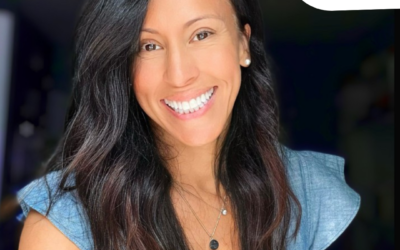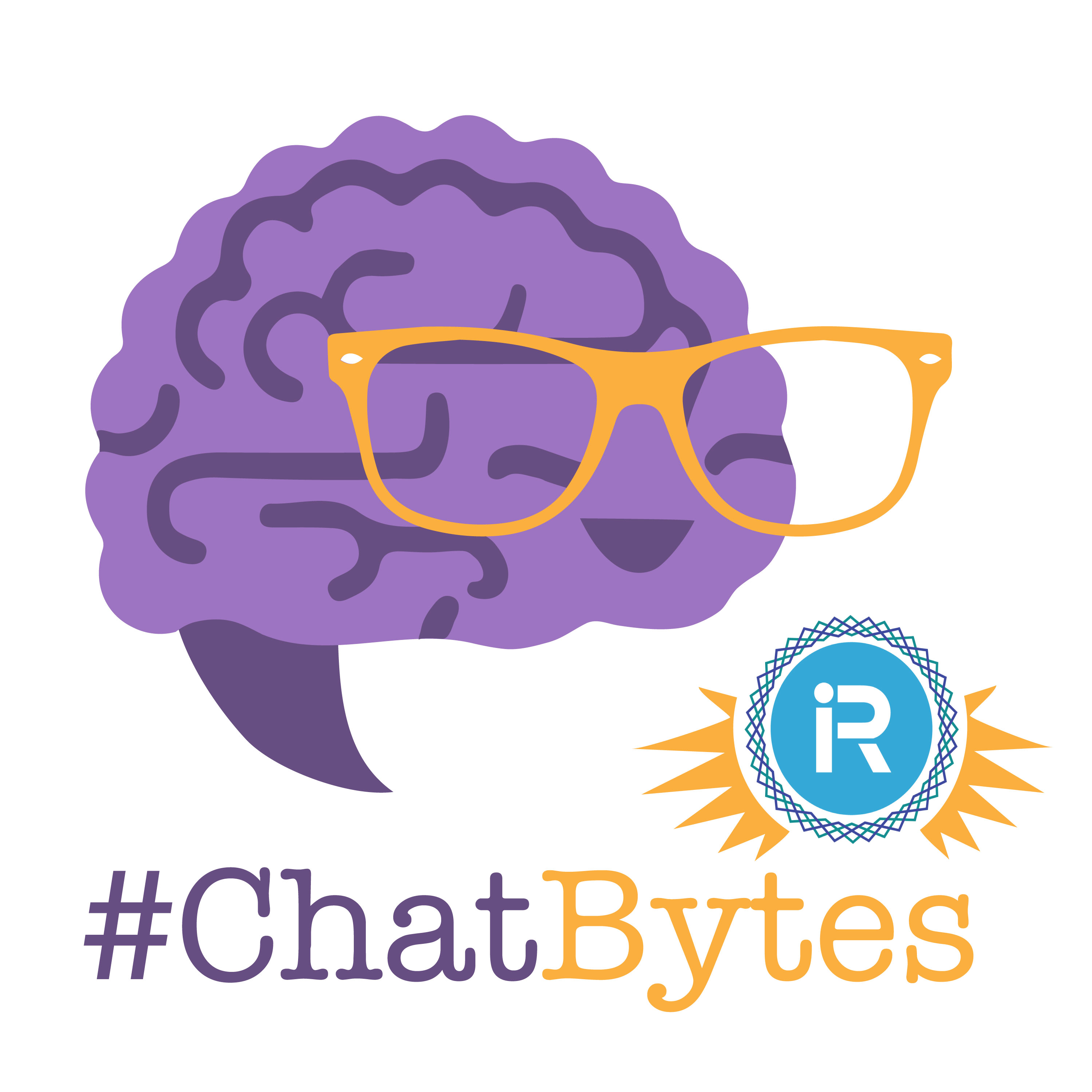 by Sabine Schuller
by Sabine Schuller
As you walk into the conference room, you see a map of Argentina on the wall and Spanish words on the whiteboard. No surprise there – you’ve been asked to brainstorm approaches on how to expand your organization’s circle of supporters outside your borders.
You overhear a group of your co-workers excitedly planning their first trip to Buenos Aires. As you watch them pack presentations and brochures that have been successful in your native country, you realize that now might be a good time to talk about adapting to a new audience.
Geographies, histories, cultures, religious beliefs, governments, and politics all shape generosity – and the list could go on forever. If you’re looking for an exact mirror image of your country’s philanthropy and funders, you might miss opportunities. For example, some countries rely heavily on remittances, money sent home from family members abroad. If you’re only looking for annual giving donations to registered NGOs benefitting people donors will never meet, you could be overlooking an entire group of donors and not even realize it.
Once you understand that the philanthropy of the United States is not the same as in the United Kingdom or the Ukraine, the next step is to ask, “How?” and as a donor researcher ask, “How do I find out?”
Sometimes it’s easy to find a wealth of information on a country with a deep history of philanthropy. (Giving USA has tracked American giving for decades.) You might also find yourself having coffee with your best friend’s cousin’s lawyer, to learn more about your fantastic, but hard to contact supporters in Kiribati.
The most efficient way to answer the question “How do I find out?” is to think about where you can find concentrations of the information you need – both primary and secondary sources. To make sure you’re not missing anything, remember to explore in that country’s native language(s) using local search engines to uncover likely avenues.
Here are some ideas to give you a running start:
- Written scholarship: Country-based philanthropic studies like the World Giving Index by the Charities Aid Foundation, the Forbes/BNP Paribas Individual Philanthropy Index in addition to scholarly research from Harvard or Indiana University.
- Non-profit associations: FoundationCenter and European Foundation Center
- Media: Sources with a global focus like the Financial Times, The New York Times, or a third sector emphasis such as Alliance Magazine or Philanthropy Impact.
- Conferences: The international conferences hosted by the Association of Fundraising Professionals and the Resource Alliance bring together many experts.
- Experts: Local experienced fundraisers and their associations, natives, or experts in the culture, such as your fellow prospect research professionals in CARA, Chris Carnie at Factary, and in APRA Canada that share webinars and blog posts on country-based donor research.
So let’s return to the conference room and your hoped-for Argentinian donors. Now you can talk to your fundraising co-workers about these and other resources describing how the giving culture in Argentina is different from what they’re accustomed to.
More Resources: Studies
Harvard University’s Hauser Institute for Civil Society
- The institute partnered with UBS, the Swiss bank, to share information through their series “From Prosperity to Purpose: Perspectives on Philanthropy and Social Investment among Wealthy Individuals in Latin America”. One report describes Argentinian philanthropy strongly shaped by family values, faith based organizations, and an ongoing recovery from previous political upheaval. Many foundations say their support overwhelmingly comes from companies, not individuals. There is also a feeling the government is the primary provider of social services.
- If your secular, environmental NGO’s fundraising approach usually centers around asking individuals to take action during Sunday morning Mass or Shabbat, that might not resonate very strongly with the local giving culture.
- Filantropia Individual en la Argentina (Individual Giving in Argentina) is a paper by three scholars from an Argentinian university describing their research on local individual philanthropy.
- Could contacting the authors be a great way to expand your information and local network? Could this report be an opportunity to compare research from other sources?
More Resources: Specialized Media
Latin American Philanthropy article series from the Financial Times
- While newspapers and other print media usually don’t focus on philanthropy, some with a global focus might have a special series of easily digestible snapshots with leads to local experts from whom you can learn more.
- Could you share one of these articles with your Board or key volunteers to demonstrate why you’re taking a different fundraising approach?
More Resources: Local experts
AEDROS (the Argentinian fundraiser’s association)
- This local association hosts monthly meetings, a local conference, even a library with both English and Spanish materials.
- Could your NGO’s trip coincide with one of their conference or meetings to help build local allies and relationships?
Advice from your local donors, volunteers, and connections
- Even veteran fundraisers will tell you that they still learn by research, trial and error, and talking to people who know local culture. Lean on your local leaders who might be flattered to help with fundraising strategies and donor identification. Asking them to share their expertise rather than their assets might be a way to deepen your relationships with your local connections.
More Resources: Growing Collections
- Do you know of useful information sources for Argentina or elsewhere? Add your ideas to the Prospect Research Institute’s collection of international research links: http://www.protopage.com/intlresearch
- International Prospect Research Vocabulary – created by Amelia Aldred. Add to the Spanish section! https://sites.google.com/site/prospectvocab/home
About Guest Blogger
Sabine Schuller, MLIS works at The Rotary Foundation, a volunteer organization of professional and business leaders that initiates humanitarian projects worldwide. As a donor researcher, she identifies and analyzes donors around the globe. She was also a program officer for Rotary, coaching grant applicants in Latin America, Europe, and North America. Sabine’s first experience in the nonprofit world was at Northwestern University. She developed industry analyses for new commercial opportunities at an international business development center. Sabine is a proud member of the Illinois donor research chapter APRA-IL and also supports her local business librarian association, SLA-IL. Connect with her on LinkedIn.

